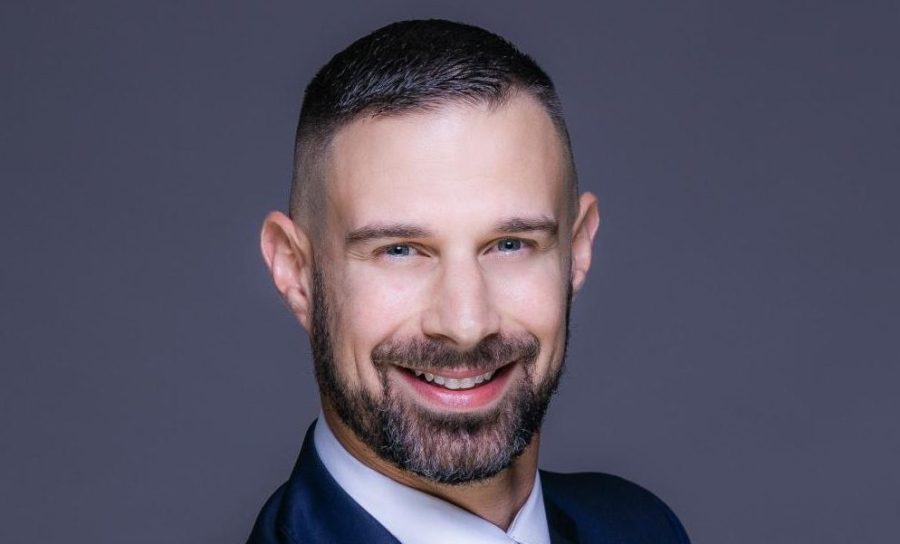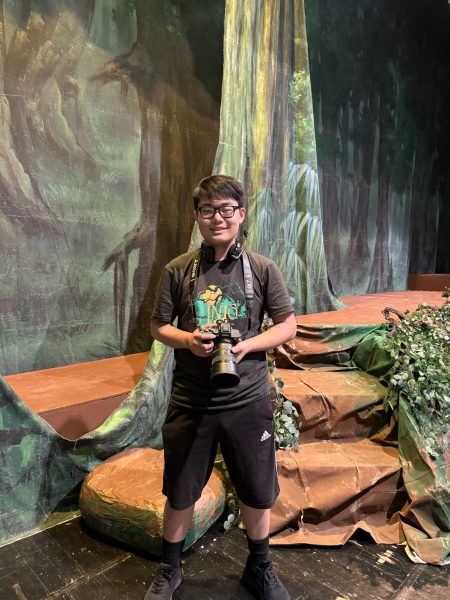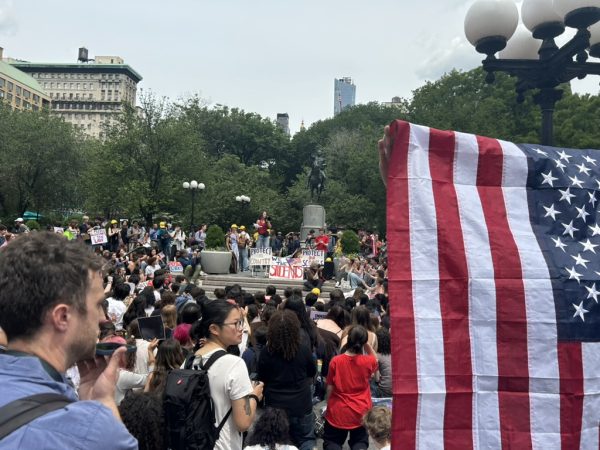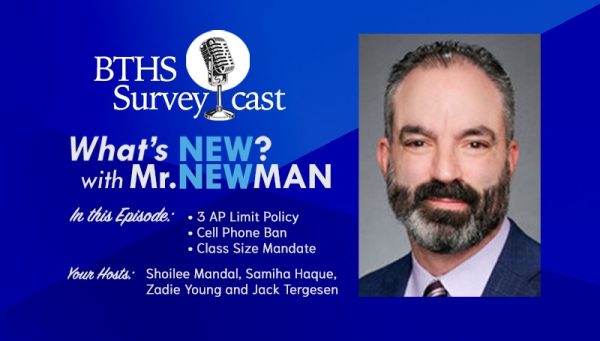Tech Introduces Assistant Principal of Special Education
Brooklyn Tech has 14 assistant principals, but until this year, one had been noticeably missing from the list. After almost a decade without an Assistant Principal of Special Education, Tech has finally filled the void with Mr. Jacob Brodsky.
Brodsky had previously worked in the Brooklyn Borough Office of Special Education, where he supported between 60 to 160 public high schools throughout the city with their Special Education programs, including working directly with teachers and communicating with families.
At Tech, Brodsky’s job is to help students who have learning differences. Brodsky feels that it is important for people to know what having a ‘learning difference’ actually means. He explained that students who qualify for the program “typically [have] IEPs or [are] on the autism scale, [and] will get a disability classification, where they meet one of the 13 requirements from federal law… [They] qualify because they need support and learn in a different way.” He emphasized that “it does not mean they are not smart, it means they need different scaffolding, they have learning differences which is something we all can relate to. We all learn differently.”
Compared to Tech’s 313 staff members and student body of 6,000, the Special Education program’s staff of six members may seem very small, but it is double the size of the program last year. Principal Newman described the department as being in its “infancy” and explained that he has tasked Brodsky with developing it. “Students that in some ways you can maybe look at as marginalized need a person who really understands and can advocate for them to me, and to the general administration. So the department needs a dedicated administrator who really understands the field.”
In the past, Brodsky accounted the lack of a Special Education population at Tech to a general stigma in society about what it means to be “Special Education”. He explains that “often when kids are really successful, they might not have necessarily been flagged by a teacher or parent, and that might be why Tech has had less services.” However, Brodsky’s main goal at Tech is to “shift that mindset, and help there be an understanding that people learn differently and that it does not mean they’re not smart.”
Brodsky has already started making a change, implementing integrated co-teaching across content areas in every grade for the first time. Integrated Co-Teaching is when a general education teacher co-teaches with a Special Education teacher, making sure that the specific needs and scaffolds are in place to ensure students with learning differences are given an equal opportunity to succeed.
Brodsky pointed to the pandemic as the reason why these programs are finally being introduced. “There is a shift because there is a growing community of kids who need services in the city and at Tech, especially with the pandemic, it made kids need support in a different way or more than before. Tech feels they need a dedicated person to support families, students, and staff of kids with IEPs.”
Brodsky has a lot of hope for the future of Tech’s Special Education program and wants to continue adding even more integrated co-teaching as the population of students who qualify for Special Education grows. He wants Tech to be a place where parents should feel comfortable sending their child who is a part of Special Education. “I feel really passionate about building trust and relationships, ” Brodsky urged. “I think the more people learn about what Special Education means and the more connection I can make with everybody here, the more we will be able to show we are a supportive place that welcomes learning differences.” Newman is in full support of Brodsky’s plans, and while he recognizes that Tech is playing “catch up” with other high schools, he is confident that Tech can get there.
Annabelle Savio (she/her) is the editor for Features. Annabelle values the field of journalism because...










































Jay Brick • Dec 8, 2022 at 10:24 pm
This is quite confusing. Every student must take the SHSAT and pass/be accepted into Brooklyn Tech. In my four years at Tech, class of ’63, I never encountered any student who required “special needs.” Are there now high academically achieving students in Tech who are on the Autistic scale or have other “challenges?” I did not know this was possible. Please elucidate.
Bay Drick • Dec 17, 2022 at 10:48 pm
Jay Brick, this is an incredibly uneducated comment. You should be ashamed at how utterly stupid you seem.
Respectfully,
A smart autistic person
P.S. your mom’s a hoe, hoe